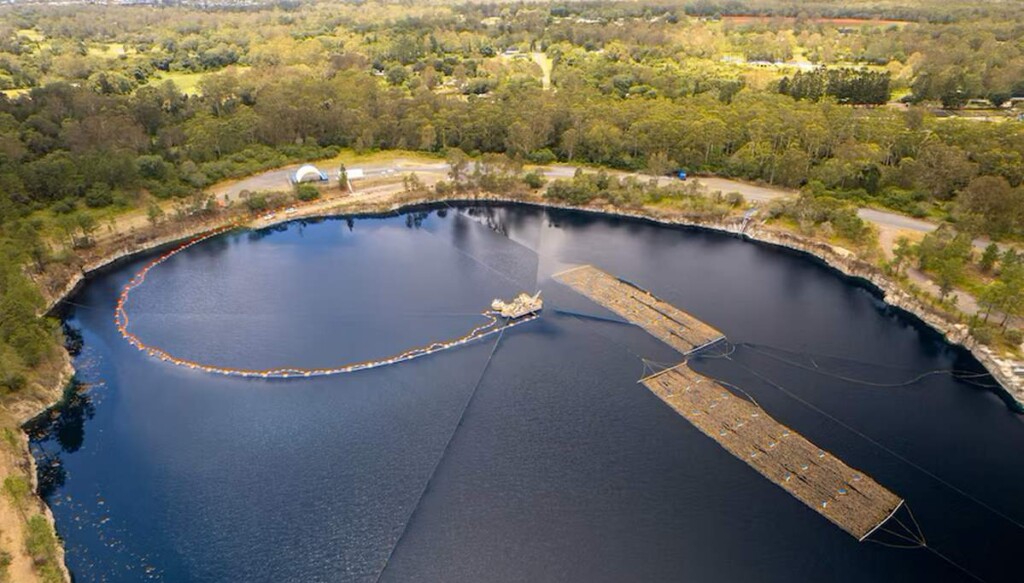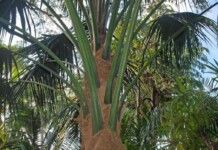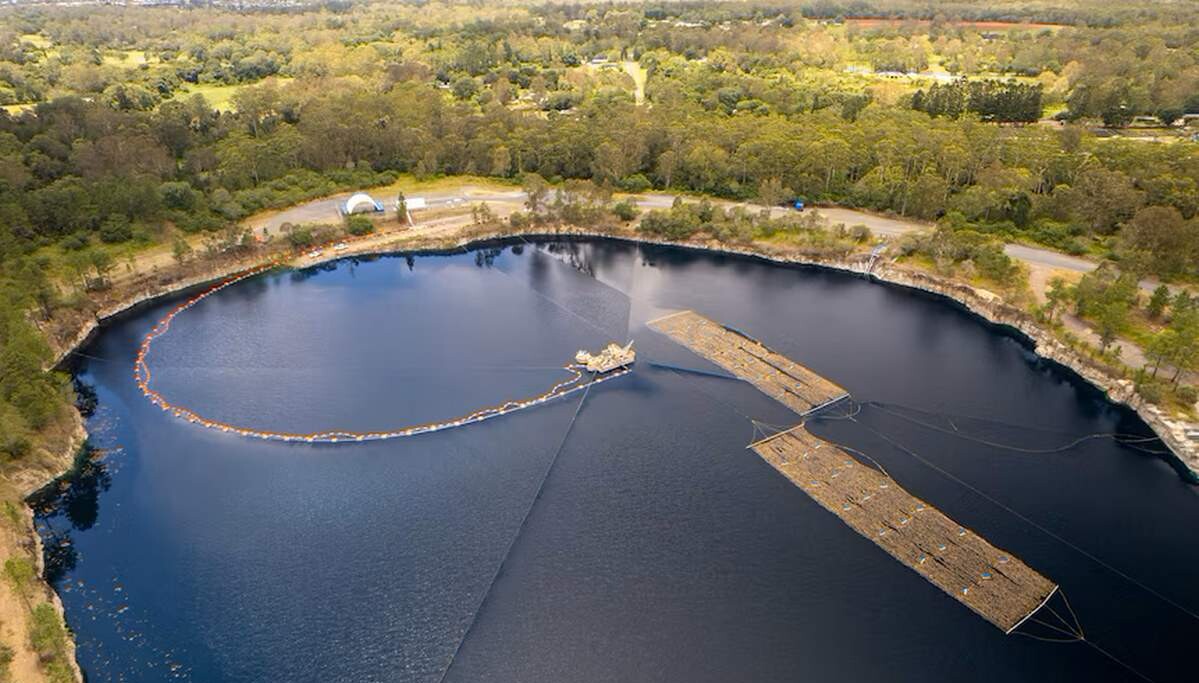
After 10 years of planning and AUD$120 million in investments, one of Australia’s fastest-growing areas will be diverting 500 million gallons of treated wastewater from being dumped into rivers and eventually the sea.
What’s more, the water is set to take over irrigation needs for thousands of acres of farmland—all the better considering this is happening in Australia’s “Berry Belt” region.
Managed by the local governments of Moreton Bay, Sunshine Coast, and Noosa around Brisbane, the Wamuran Irrigation Scheme is a total sea change from how wastewater was managed in the area before.
Class A treated effluent, or highly-treated wastewater that’s nevertheless not safe to drink, was dumped along the Caboolture River, which ran to the sea in a very nutrient-sensitive area.
The wastewater contains thousands of tons of nutrients like phosphorus and nitrogen that can cause large blooms of harmful algae in rivers. The algae reduce the amount of oxygen in the water, choking fish, crustaceans, and frogs.
Instead, that nutrients will help fertilize crops of pineapples, avocados, strawberries, raspberries, and turf.
A 22-kilometer-long pipeline will carry the water from the South Caboolture sewage treatment plant northwestward to be stored in Moodlu Quarry—an old mining site that, like the wastewater, is being recycled into a reservoir.
The population of the areas the program is meant to cover is expected to double by 2040, and every flushed toilet will put pressure on the wastewater treatment system and therefore the river and ocean if previous practices are maintained.
This new method, informed by similar programs in Singapore, will not only boost one of the area’s largest economic outputs, but also relieve farmers of irrigation pressures whenever the next dry period comes around.
“We’re in a wet period at the moment, but it will be dry again soon, and whenever it’s dry, water is always a challenge,” said Pinata Farms general manager Gavin Scurr to ABC News AU. “It limits our production, and it limits our ability to deliver consistent fruit to consumers.”
GOOD PROCESSES: From Sewage-Filled Waters to Crystal Blue: Switzerland Rivers and Lakes Offer Hope for Cleaning Up Other Countries
The program will provide various knock-on benefits that are really exciting for rural residents like Scurr. The recycled water will allow natural creek systems to remain unsiphoned for more of the year, alleviating litigation between farmers upstream and those downstream. Many of these creeks fill dams on the farmers’ properties, which will be allowed to overflow and spill out over the surrounding natural ecosystem, increasing the biodiversity on the landscape.
MORE SEWAGE STORIES: Ponds of Poop Turned into Clean Power for 16% of Pork Production in Australia
At the moment, 5 farms are part of the initial stages of the Wamuran Irrigation program, but more could be added as infrastructure improves.
According to ABC, experts believe Queensland will become more vulnerable to droughts by 2059, at which point these recycling programs will not only be productive and sensible, but perhaps even fundamental to future Australian agriculture.
SHARE This Fantastic Change Of Culture In Australian Water Management…




















